Education is heavy on knowledge, "light" on emotional control skills
Assessing the increasing level and nature of school violence, Mr. Chu Duc Thai, Head of the Culture - Society Committee, Nghe An Provincial People's Council, said that this problem seriously affects the educational environment and the health and psychology of students.
According to Mr. Thai, one of the reasons is that the current education program, although reduced in workload, is still heavy on knowledge. The pressure of studying (studying at school, taking extra classes) affects students' psychology and ability to control their psychology and emotions.

Mr. Chu Duc Thai: Life skills education programs in schools are still fragmented and coping (Photo: Hoang Lam).
During the process of monitoring educational activities in Nghe An province, Mr. Thai commented that many schools have not properly assessed the role and importance of life skills education for students or that life skills education for children is still a formality and a coping mechanism.
New life skills education programs focus on a number of skills such as preventing drowning, accidents, fires, etc., but do not pay attention to emotional management skills and skills to respond to school violence situations.
Mr. Thai believes that teaching emotional management skills needs to be given attention and implemented early, especially when children enter grades 7 and 8 - the age when changes in psychology and physiology begin but awareness is not yet complete.
Paying attention to and doing well this content from secondary school will equip students with the necessary skills as a foundation to distinguish right from wrong, good from bad, express attitudes and behaviors in each situation that occurs around them.
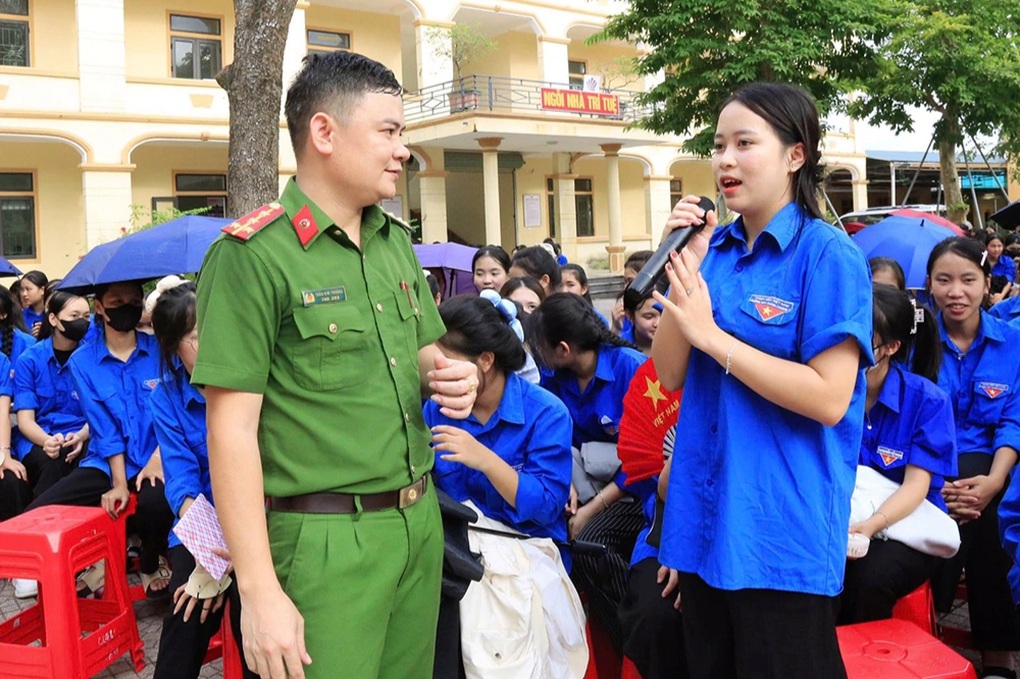
Thanh Chuong 3 High School cooperates with the commune police force to propagate and disseminate the law to students (Photo: Nhat Duc).
Besides, he said that there needs to be a more specifically and comprehensively designed life skills education program, aiming to foster more comprehensive knowledge and skills for students.
“The content of education on skills of managing and controlling emotions needs to be focused on more and must be integrated and implemented regularly. We need to increase direct interaction between children instead of interacting on social networks, helping them grasp and clearly identify behaviors, distinguishing between good and bad.
When students can assess the specific level of each violent situation, they can make their own decisions to stop the violent behavior or seek support and intervention from teachers, schools, police...," Mr. Thai suggested.
Emotional control - the "key" to preventing the risk of school violence
At the beginning of each school year, Yen Khe Secondary School (Con Cuong Commune, Nghe An Province) organizes extracurricular activities, coordinates with the police to propagate and provide knowledge and skills to respond to school violence, gender equality, compliance with laws on traffic safety, drug prevention, etc.
However, Mr. Nguyen Van Hao, the school's principal, also admitted that the unit has not organized any separate activities on emotional management skills, other than the (very small) content integrated into some extracurricular programs.
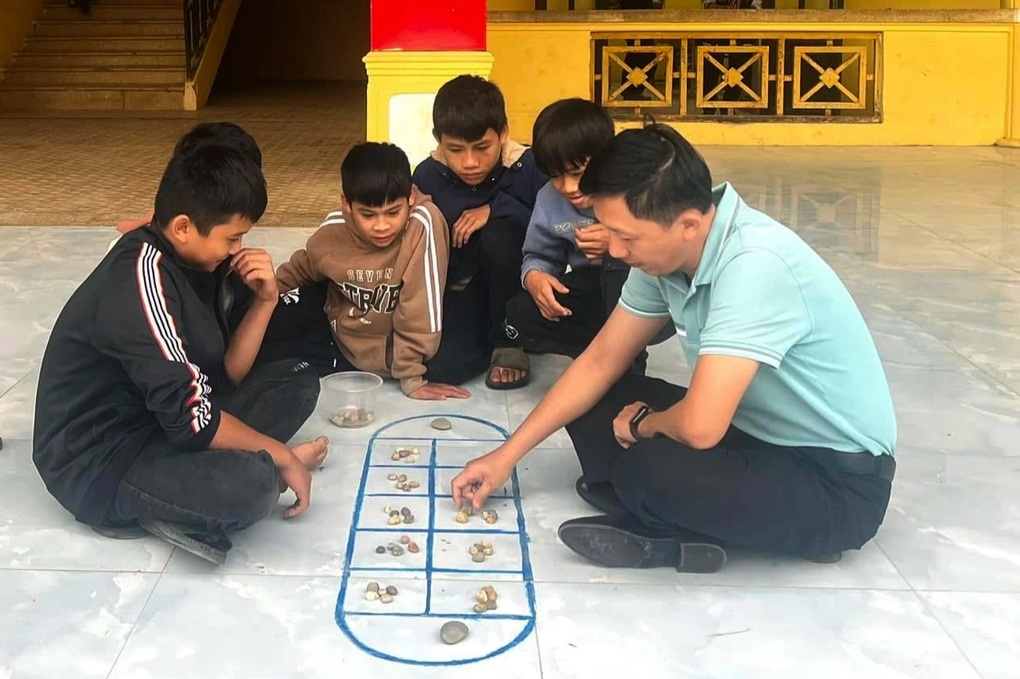
Principal of Yen Khe Secondary School and students during a recess activity (Photo: Nguyen Hao).
According to the principal, since the end of grade 7, students have had psychological changes. This is an important stage to guide them in managing and controlling emotions. However, schools find it difficult to implement this content because there is no specific program and there is not enough human resources to meet this requirement and task.
Mr. Hao cited that in a recent civics class in the school's 6th grade, the teacher noticed that a female student was not communicating or talking with her friends. The teacher tried to approach and encourage her to confide in her, but that afternoon the female student skipped class.
The school then assigned a teacher to persuade and encourage her to return to school. The teacher tried her best to encourage and share, but she only replied, “I have never felt happy.”
The teacher tried to find out that the reason why the female student did not communicate with her friends was due to her family and was working with her parents to find a solution.
Mr. Hao believes that each student is a separate individual, with their own emotions and stories. Through the case of the 6th grade female student mentioned above, it shows that understanding and advising students to help them adjust and control their emotions is not simple. This task is even more difficult for students who show signs of emotional disorders and negative psychological changes.

Dr. Tran Hang Ly talks with Dan Tri reporter (Photo: Vinh Khang).
In addition to designing and building a more comprehensive life skills education program, and providing more comprehensive and specialized training for teachers, Mr. Hao said that it is necessary to include this content in the second session's curriculum. Including this content in the second session's curriculum will ensure both the duration and time to equip students with essential skills.
Sharing the same view, Dr. Tran Hang Ly, Faculty of Educational Psychology, Vinh University, said that schools need to integrate emotional and moral education into the curriculum, especially in life skills subjects.
Schools should organize extracurricular activities, community projects, or simulations so that students learn to empathize, resolve conflicts, and intervene when they see friends in trouble.
Besides, teachers need to be guides and orienters so that students clearly perceive positive life values and know how to help and share with others.
However, according to Dr. Ly, family is the first and most important foundation in shaping a child's personality and emotions. Parents need to create an environment of love, listening and sharing with their children. Spending time talking and discussing life issues with their children will help them feel cared for and empathetic.

Extracurricular program at Hung Dung Secondary School, Nghe An province (Photo: School Fanpage).
“Parents need to be exemplary role models in how they treat others, respond promptly to injustice, and guide their children in social responsibility,” said Dr. Tran Hang Ly.
The female psychology doctor also believes that social networks and media have a great influence on young people, so there needs to be clear management and direction for content on these platforms.
Social organizations and media agencies need to encourage the spread of good deeds and positive role models in the community. Building a media campaign about stories of good and kind living will help students realize the value of sharing and helping the disadvantaged.
According to Dr. Tran Hang Ly, it is necessary to create opportunities and environments for students to participate in community activities, encouraging them to show concern and help for others in real life, not just through social networks.
Source: https://dantri.com.vn/giao-duc/mam-mong-cua-bao-luc-va-vo-cam-o-hoc-sinh-la-gi-20251115204956553.htm














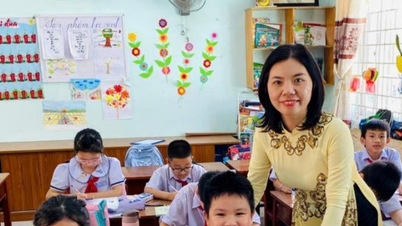





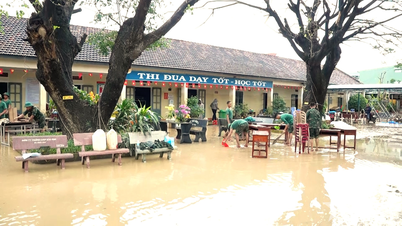



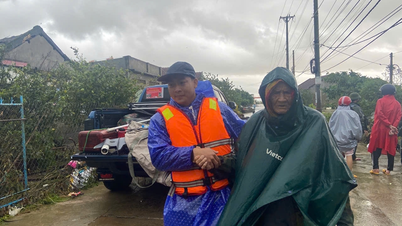


















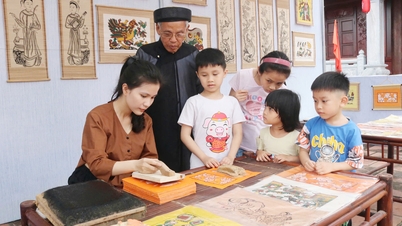










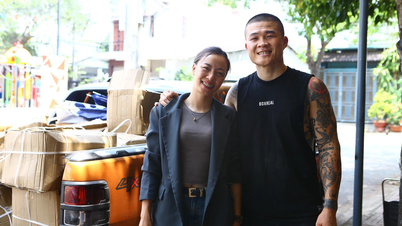






















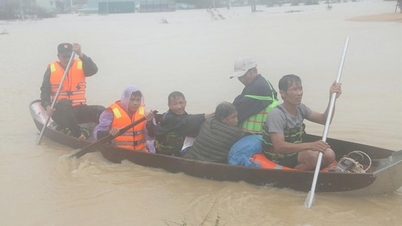












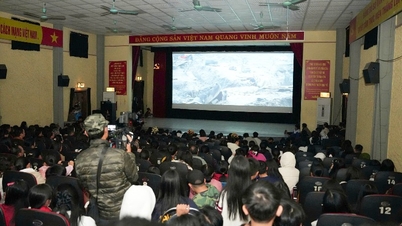


















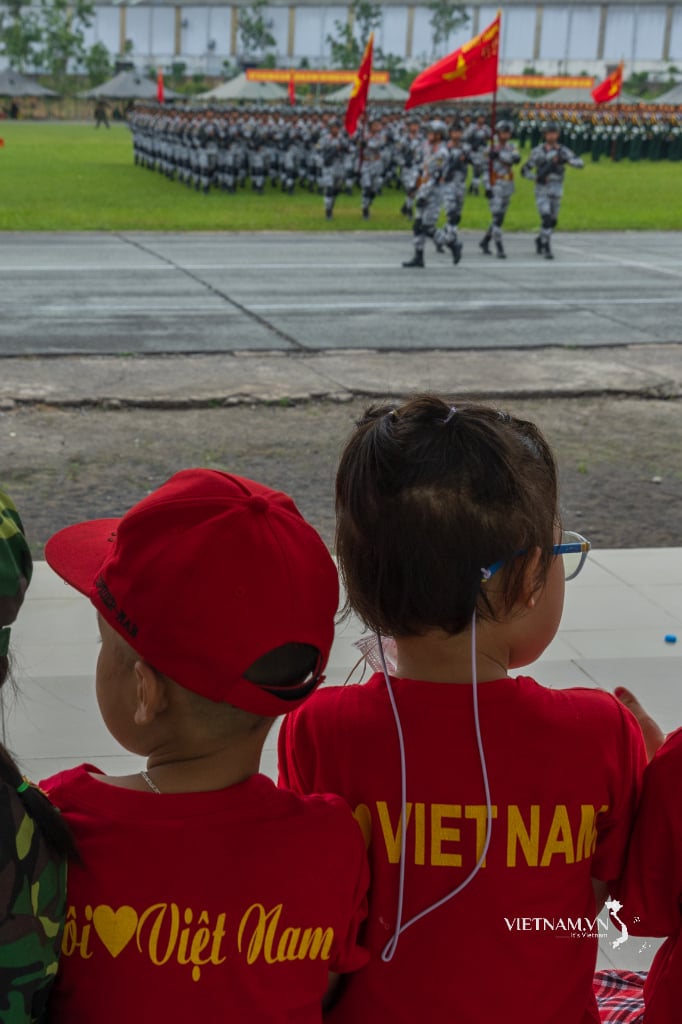


Comment (0)